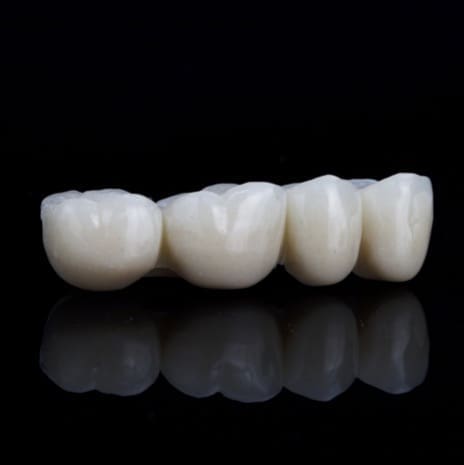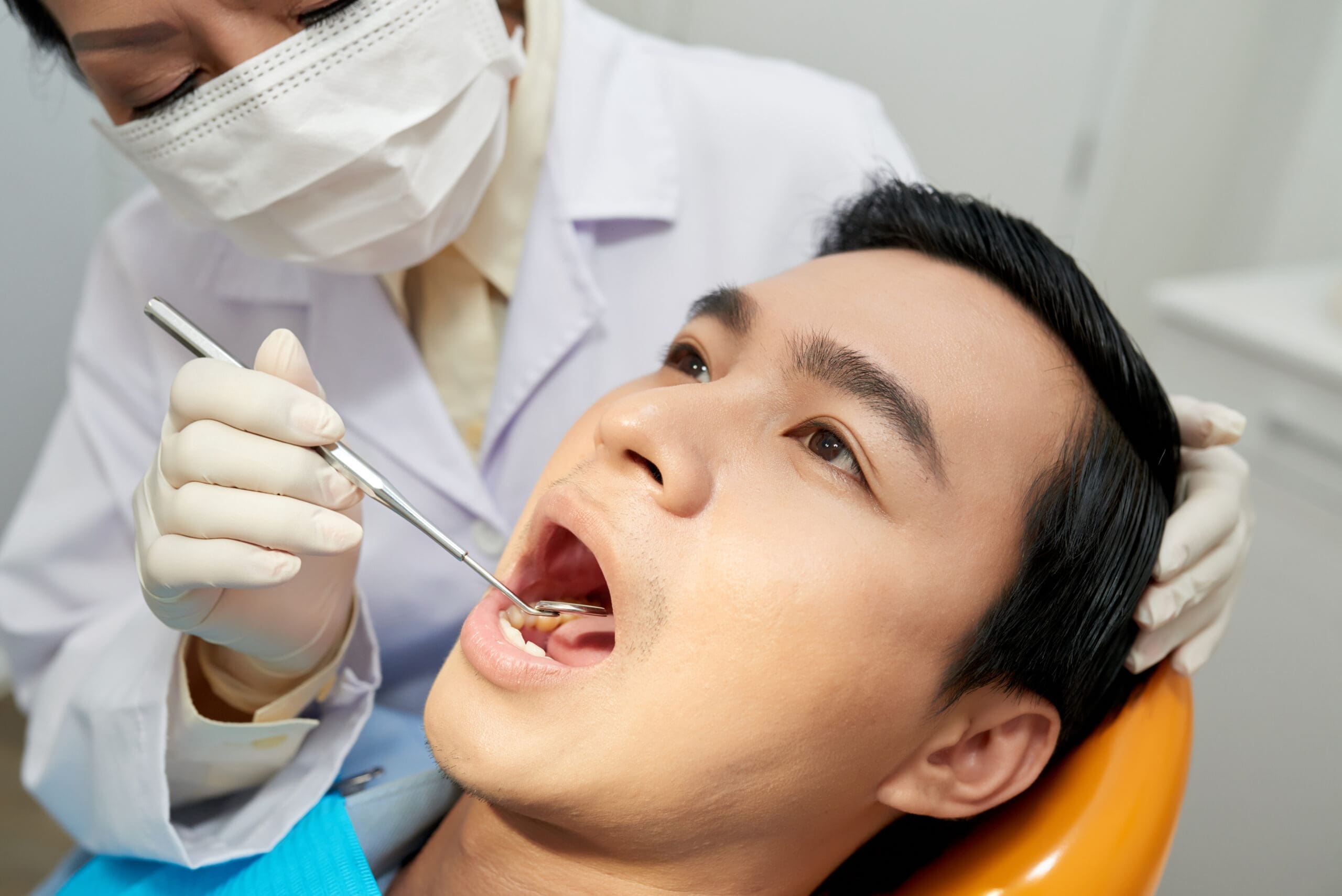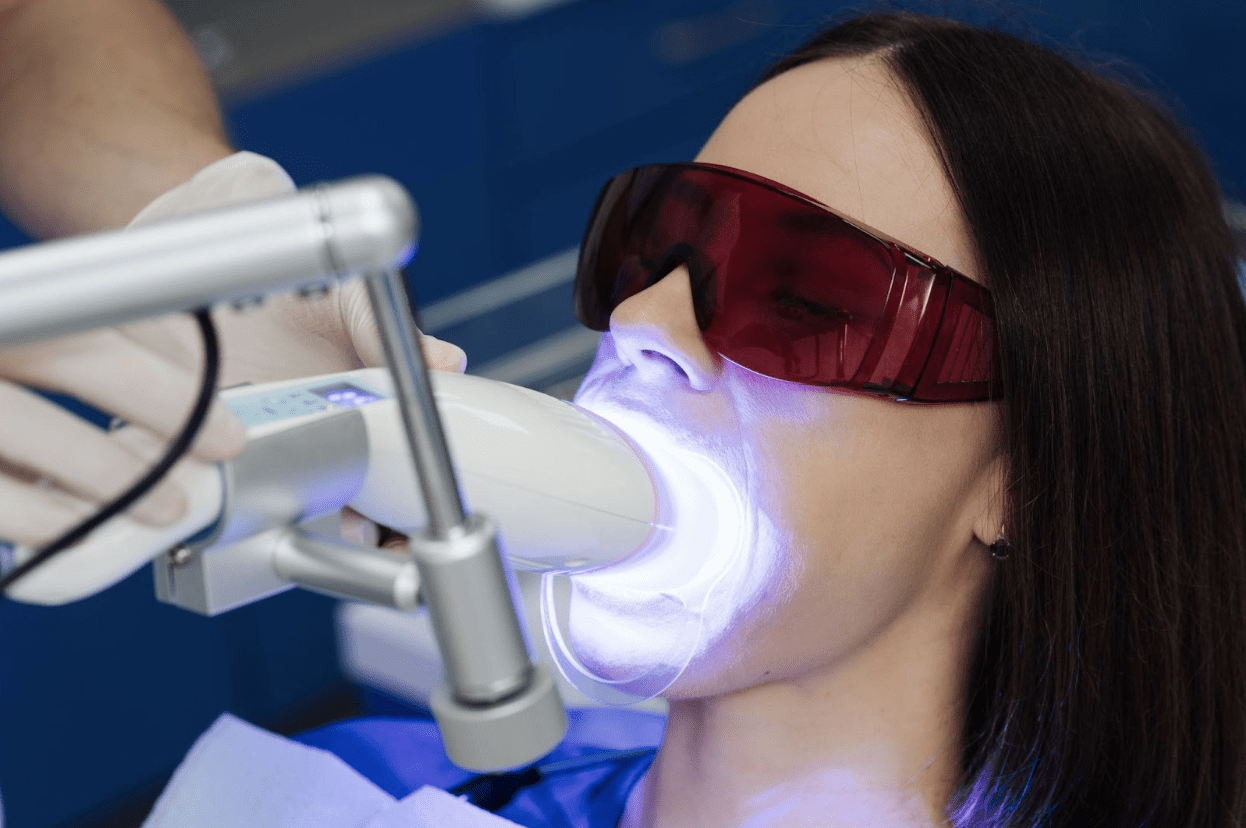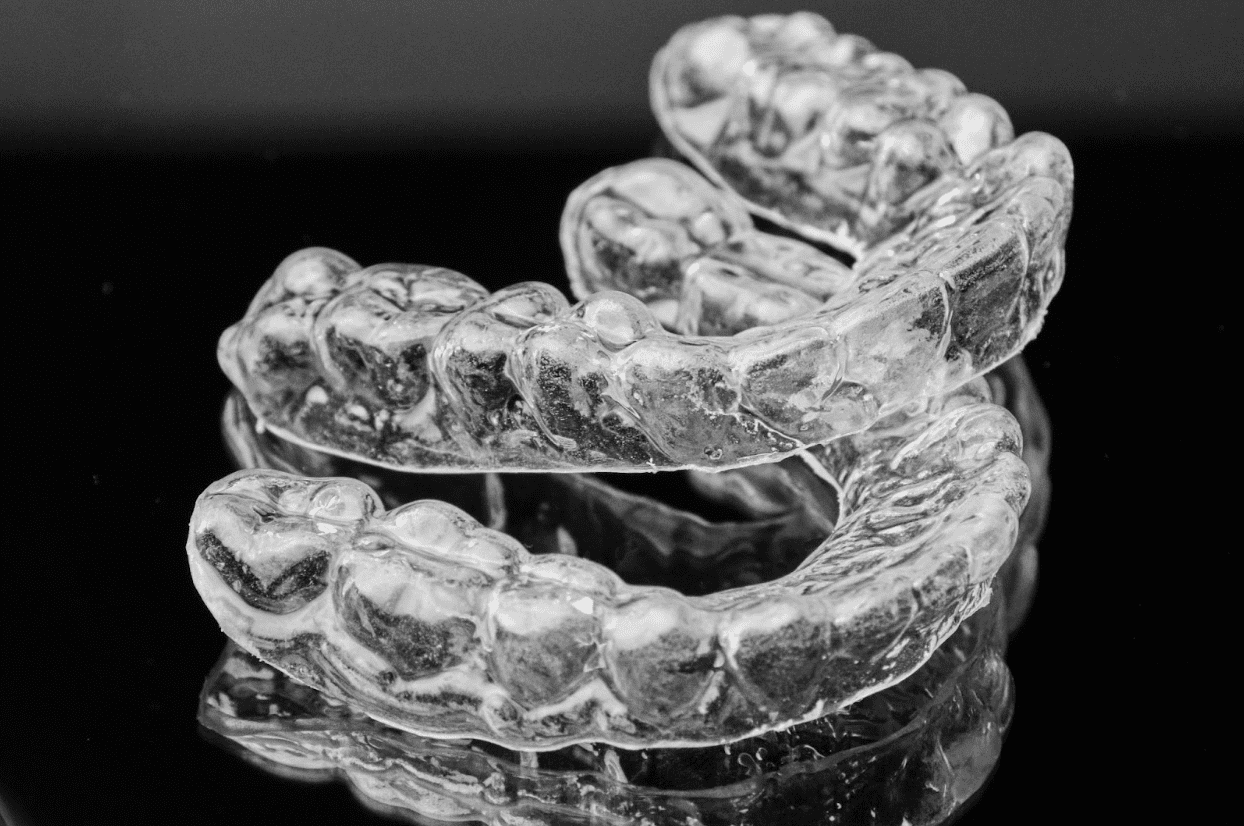Stay Away from Hard Foods until You’ve Recovered
You should be careful with foods that are hard to chew since they can still break newly-bonded teeth. Don’t eat too much of certain foods that can cause problems, like nuts, hard candy, and popcorn (kernels). That doesn’t mean you should forever avoid them, but if you must eat these treats, remember that using your bonded teeth to bite into hard foods may damage the composite resin material on your front teeth. Thus, you should chew these foods with your back molars to avoid damaging your natural teeth. Also, chewing ice can damage your teeth, so it’s best to avoid that altogether.The Same Goes for Sticky Foods and Beverages
Many types of food are sticky, such as gummies, caramel, taffy, and gum. Generally, it’s best to avoid sugary treats since they can erode the enamel and cause cavities. However, there’s an additional warning for those with bonded front teeth. Sticky treats can loosen the bonding material, so it’s best to eat them in moderation or avoid them altogether. Or, just like hard foods, chew them with your molars instead. Be sure to brush and floss after!You Must Keep Away from Staining Foods and Beverages, Too
Many of the foods and drinks we consume regularly can lead to staining our teeth. This rings especially true for coffee and tea, which can leave behind dark marks that are difficult to eliminate, as well as tomato- and berry-based meals, sauces, and meals! However, you can do a few things to help prevent this from happening. For starters, avoid sugary drinks, as they can cause additional staining. If you drink coffee or tea, consider using a straw, which can help prevent the liquid from coming into contact with your bonded pearly whites. If you must eat or drink them, reduce your intake to minimize staining. Lastly, brush your teeth regularly, as this will help remove any build-up that could lead to staining from these colorful beverages and foods.Stick with a Bland-Looking Diet for the First Few Days
While bonded teeth require zero downtime for recovery, it is better to stay safe for the first few days or weeks by:- Sticking to a soft diet. Mashed potatoes, chicken soup, and boiled fish are great options since they don’t stain and still provide much-needed nutrients.
- Drink water. Aside from its colorless properties, eight glasses of water daily improve digestion, carry nutrients to your body’s cells, and flush out toxins!
- Brush and floss daily to build the habit even when you’ve returned to your normal eating habits.











